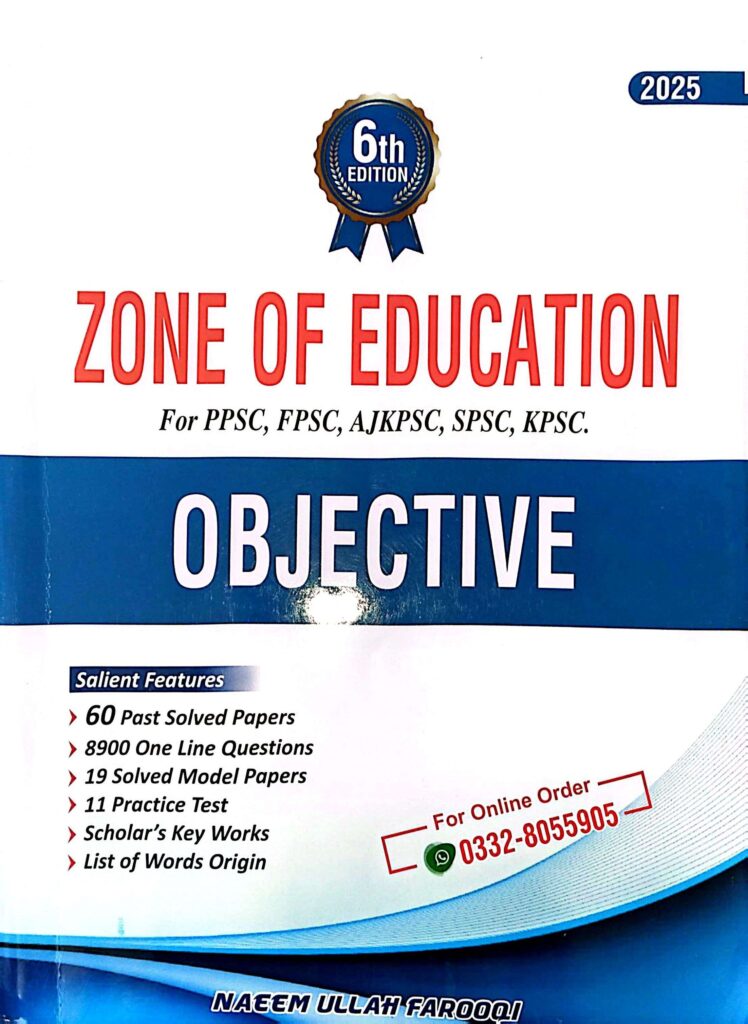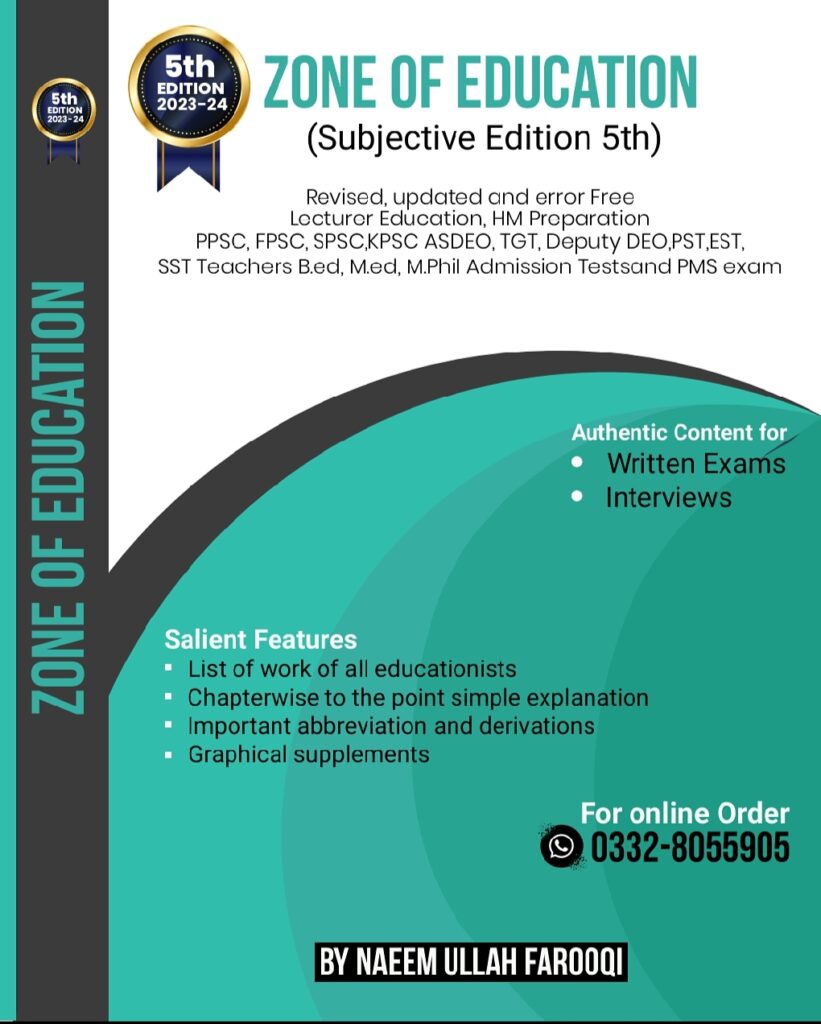MQS FORM PAST PAPERS
a) Classroom goals b) National goals
c) School goals d) None
2. Formal education is meant for:
a) No rule of entry and exit b) Rigid rule of entry and exit
c) learning core knowledge d) Project education
3. The education confined to educational institution
a) Informal b) Nonformal
c) Formal d) Technical
4. Education is not pre planned in:
a) Informal b) Nonformal
c) Formal d) Technical
5. Epistemology means
a) Knowledge b) Reality
c) Values d) None
6. Study of great books is at the core of:
a) Perennialism b) Essentialism
c)Progressivism d) None
7. The major impact of Ali Garh movement was:
a) Political training
b) Religious training
c) Value training
d) None
8. Anjaman Himayat-e-Islam was established in
a) 1888 b) 1867
c) 1884 d) 1921
9. Nadwatul Ulma was established in
a) 1888 b) 1867
c) 1894 d) 1921
10. The objective of education, according to charter Act, was
a) Preaching Christianity
b) Religious training
c) Value training
d) Political training
11. The Socratic method is known as:
a) Lecture method b) Translation method
c) Dialectic method
d) None
12. The focus of cognitive domain is:
a) Lecture method b) Translation method
c) Intellectual skills
d) None
13. Methods based on the facts that students learn association, activity and cooperation is known as
a) Lecture method b) Translation method
c) Intellectual skills
d) Working on project
14. Student Portfolio is the collection of:
a) Students work record
b) Play work
c) Intellectual skills
d) Working on project
15. Solo taxonomy provides systemic way of describing the learner’s
a) Knowledge b) Performance
c) Understanding d) None
16. Definition of Profession is related to
a) Knowledge b) Performance
c) Service d) Job
17. Educational psychology revolve around three areas: the learner, the learning process and learning
a) Knowledge b) Performance
c) Service d) Situation
18. Evaluation is related to:
a) Knowledge b) Performance
c) value judgement d) Analysis
19. Superannuation/retirement age of a government servant in Pakistan is years
a) 55 b) 62
c) 60 d) 45
20. Acquittance roll is used for:
a) Official orders b) Performance
c) Salary disbursement d) None
21. How many basic components of a curriculum have as said by Mead?
a) 05 b) 06
c) 04 d) 07
22. Knowledge is compartmentalized in:
a) Subject centered curriculum b) Learner centered curriculum
c) Core Curriculum d) Hidden curriculum
23. Educational policy emphasizing Islamization of knowledge was
a) 1998 b) 1959
c) 1979 d) 1947
24. Research is the
a) Activity of problem solving
b) situational analysis
c) Drawing inferences
d) None
25. The second five-year plan was for the period
a) 1990-95 b) 1950-55
c) 1970-75 d) 1960-1965
26. An educational supervisor is one who
a) Provides professional assistance to teachers
b) situational analyst
c) Drawing inferences from conversation
d) None
27. The first step in the process of administration
a) Planning
b) situational analysis
c) Drawing inferences
d) None
28. The process designed to ensure the cooperation, intervention and involvement of others is called
a) Planning
b) situational analysis
c) Cooperation
d) Coordination
29. The focal point in educational guidance is
a) Pupil development b) situational analysis
c) Cooperation d) Coordination
30. It is an outcome of teaching
a) Learning b) Analysis
c) Cooperation d) Aims
31. Supervision is the contact between:
a) Supervisor and learner
b) Supervisor and teachers
c) Supervisor and HM
d) None
32. In teaching Learning process at school, supervision is usually carried out by:
a) DEO b) DTE
c) AEO d) Principal
33. In which type of research, the teacher examines their own educational practice systemically
a) Class teaching
b) Descriptive research
c) Action research
d). None
34. Immediate process through which the education organization seeks applicants for potential employment
a) Advertisement in the Newspaper
b) Direct recruitment
c) Research
d). None
JOIN ZONE OF EDUCATIONPK!
Discover the most comprehensive and reliable pedagogy resources in Pakistan, curated for competitive exam success. Our content covers all competitive exam MCQs, including PPSC, FPSC, AJKPSC, SPSC, and more. Designed to empower learners with top-notch material and insights, trust us for your preparation journey!


